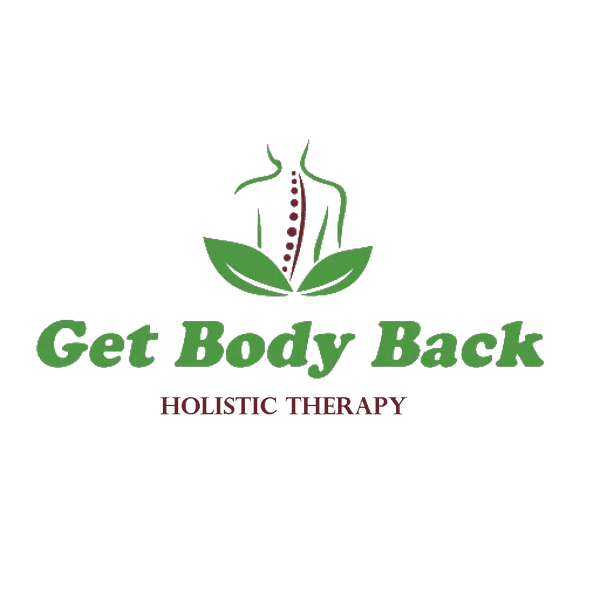Whilst it is true that Coenzyme Q10 (Co Q1O for short) is used in various cosmetics, since it is said to reduce fine lines and wrinkles, this substance has far more valuable properties that can help your organism internally. In fact, a deficiency of Co Q10 can lead to the development of chronic fatigue syndrome, a decreased immunity and physical performance. Please keep reading to see all the other benefits!!
! Coenzyme Q10 !
d e f i n i t i o n :
Also called UBIQUINONE, it is a substance essential for the functioning of all our cells. It takes part in the process of energy production in cells, improves their oxygenation and PROTECTS THEM from the destructive influence of free radicals. It is mainly found in the mitochondria of cells; without it, we can't create cellular energy, on which the efficient functioning of our organs and systems depends.
In our body there is a constant battle between FREE RADICALS and the ANTIOXIDANTS that neutralise them! Antioxidants include glutathione, vitamin C, vitamin E, zinc or selenium, but the MOST POTENT of them all is coenzyme Q10.
WHAT ARE THE BENEFITS?
💥 Shown to improve physical endurance 💪 and support conversion of calories from food to energy, which could support better sports results
💥 Reduces frequency of migraine headaches
💥 Boosts immune defences
💥 Shown to slow down the ageing process and have a rejuvenating effect on skin: can help reduce fine lines and wrinkles, improve skin firmness, lighten discoloration and act as a UV filter
💥 Reduces side effects of statins (used to lower blood cholesterol levels) – it can help reduce muscle weakness 💪 (but does not always reduce myopathy)
💥 Supports cognitive heart failure treatment ❤ and high blood pressure 🩸 (in older people and in those recovering from heart surgery 🏥)
P R E C A U T I O N S :
⚠ Please note, that some therapies are contraindications for taking CoQ10, dietary supplementation with this compound for treatment of health problems should be consulted with a doctor beforehand. Coenzyme Q10 interacts with certain drugs, e.g. it may reduce the effectiveness of blood-thinning drugs, which increases the risk of blood clots in patients exposed to them. It also affects the action of insulin and compounds used in chemotherapy.
You can read our full Facebook post on this topic by clicking HERE



